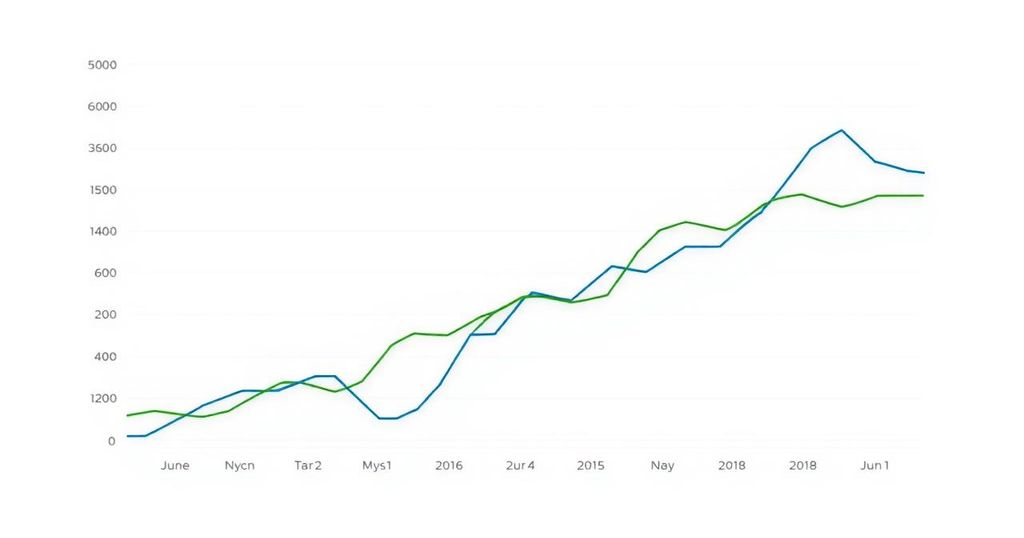Economy
Politics
ARGENTINA, DEPARTMENT OF GOVERNMENT EFFICIENCY, DOG, DOGE, ECONOMY, EL, ELON MUSK, EVA PERON, FISCAL POLICY, INFLATION, JAVIER MILEI, JOB CREATION, MILEI, MINISTRY OF DEREGULATION AND STATE TRANSFORMATION, MONETARY POLICY, MUSK, OF DEREGULATION AND, SOUTH AMERICA, TRANSFORMATION, TRUMP
Dante Raeburn
Economic Transformations: Argentina’s Recovery and America’s Challenge
Argentina’s economic resurgence under President Milei highlights significant reforms, including reduced spending and deregulation, that have led to declining inflation and rising GDP. In comparison, President Trump’s Doge initiative seeks to implement similar efficiency reforms. However, the U.S. struggles with entitlement spending challenges, which may hinder the desired fiscal growth. Both cases emphasize the critical need for prudent fiscal policies and structural reforms.
Argentina, once among the wealthiest nations globally, has experienced significant economic upheaval since the Great Depression. Recently, President Javier Milei enacted dramatic reforms, reducing government expenditure and deregulating various sectors. As a result, inflation rates have begun to decline while GDP growth is evident, rekindling optimism about Argentina’s economic future. Comparatively, the initiatives observed in the United States under President Trump’s theoretical Government Efficiency (Doge) advocate a similar approach.
Upon taking office in December 2023, President Milei confronted rampant inflation rates that peaked near 300 percent but have since moderated. Inflation fell to 2.4 percent month-over-month in February 2025, illustrating the effectiveness of his strategies. Concurrently, unemployment has decreased to 6 percent as GDP growth materialized in late 2024, propelled by sectors such as agriculture, energy, and manufacturing.
Prior to Milei’s presidency, economic uncertainty stunted foreign investments. However, reforms initiated in 2024 facilitated a better investment environment, with an ambitious agenda for slashing bureaucratic infractions, privatization, and budget reductions. Notably, a total spending reduction of 30 percent, including a substantial cut in social services, resulted in a government budget surplus.
Despite these accomplishments, President Milei must still address Argentina’s intricate capital control systems slated for alteration by 2026. The overall progress of his economic policies affirms the significance of fiscal responsibility and structural reform, suggesting substantial long-term benefits for the nation.
Similarly, President Trump faces analogous challenges, albeit under different conditions. His establishment of the Doge initiative, led by Elon Musk, aims to replicate Milei’s successful strategy by downsizing government operations and improving efficiency, uncovering financial mismanagement across multiple government agencies.
Doge’s efforts included eliminating thousands of recently hired workers on probation to streamline federal employment processes. As it grapples with legal challenges concerning staffing layoffs, notable progress persists. Recently, Trump has abolished USAID, reallocating functions to the State Department and expressing intentions to dismantle the Department of Education to empower individual states.
However, addressing America’s staggering $2 trillion deficit and $36 trillion debt necessitates reductions in entitlement growth, which constitutes a majority of government spending. The increased cost of programs like Medicare and Medicaid, influenced by rising healthcare advancements, complicates fiscal strategy. The Social Security program is anticipated to face funding shortfalls post-2033, raising additional concerns about future entitlements.
Although Trump has pledged not to alter these popular programs, maintaining their growth trajectory without raising taxes on middle-class families may prove untenable. In contrast to Argentina’s reforms, the ongoing expansion of entitlement programs in the U.S. presents a formidable challenge for Doge. As Argentina moves forward, the United States must embrace necessary reforms for a smaller, efficient government.
In conclusion, President Javier Milei’s economic reforms in Argentina have showcased a contrast with President Trump’s initiatives through the Doge program in the United States. While Argentina has started to recover through substantial cuts and deregulation, the U.S. faces a complex challenge in managing entitlement spending amid efforts to increase efficiency. The experiences of both nations underscore the necessity of structural economic reforms to ensure fiscal sustainability and improved governance.
Original Source: www.telegraph.co.uk








Post Comment